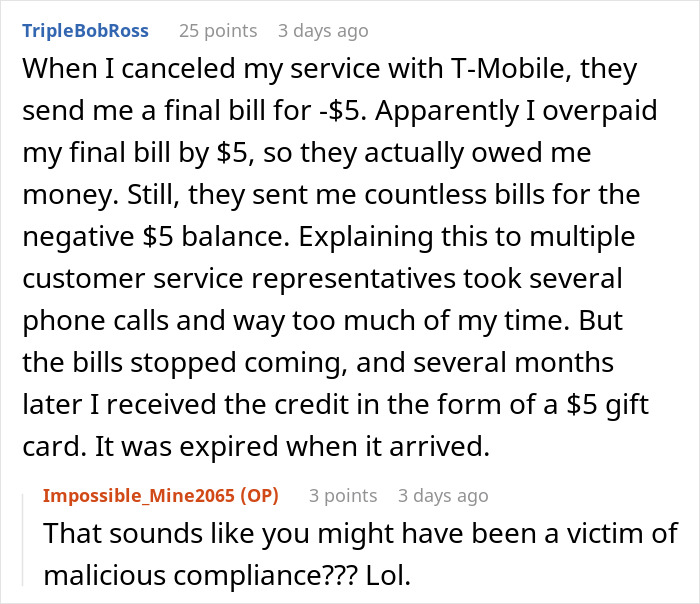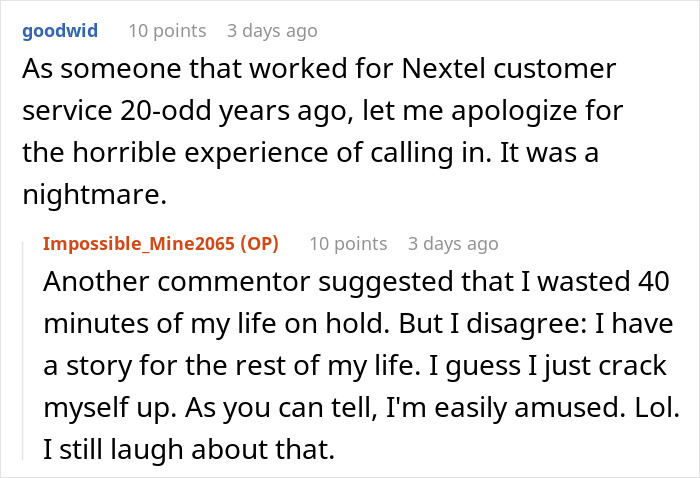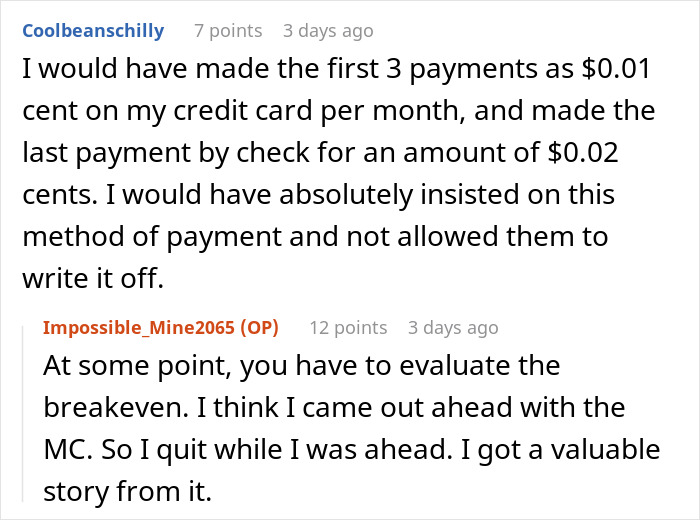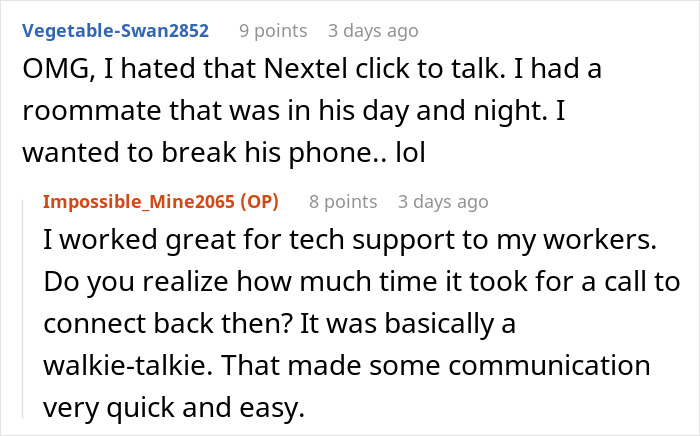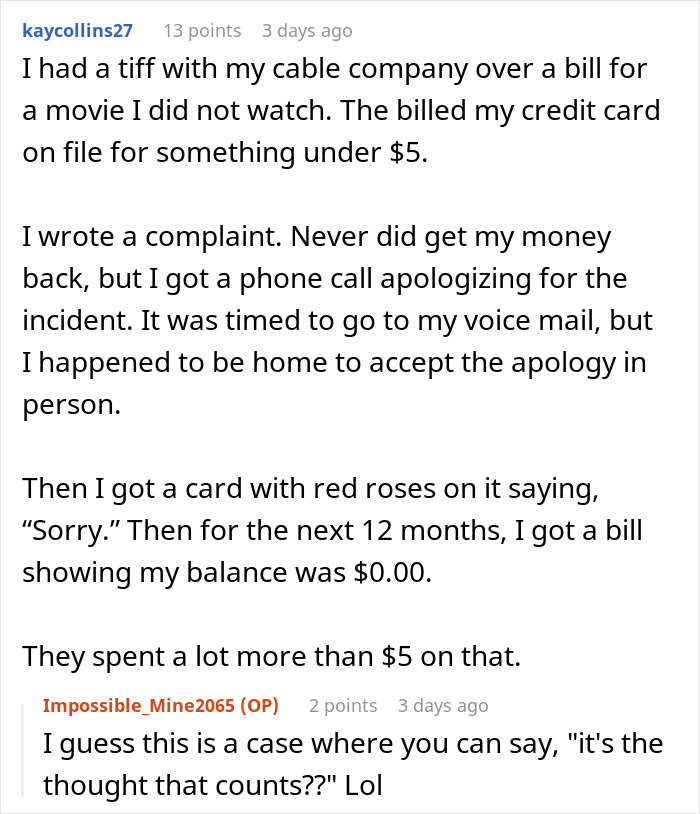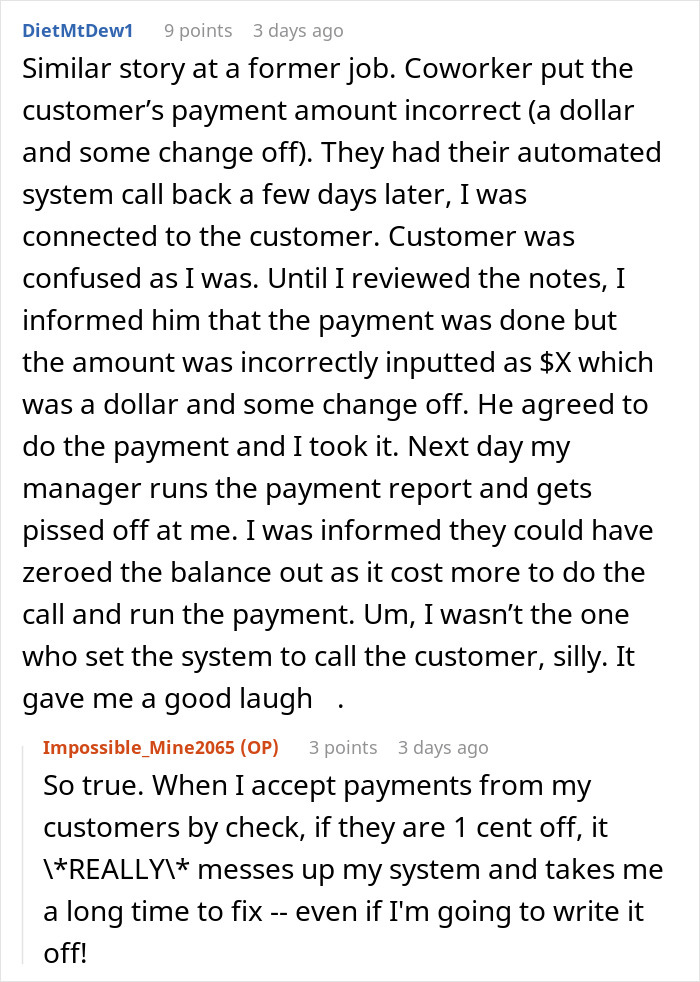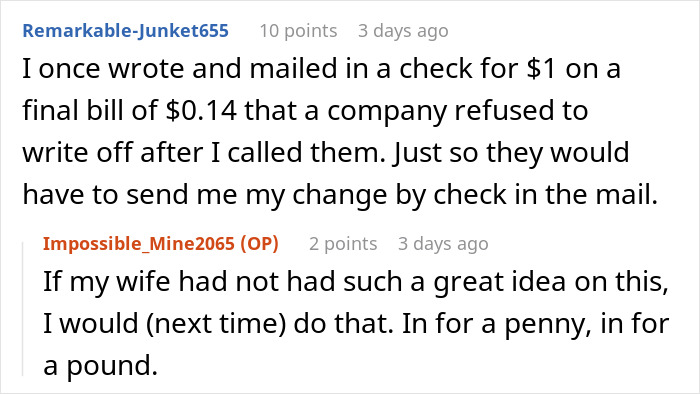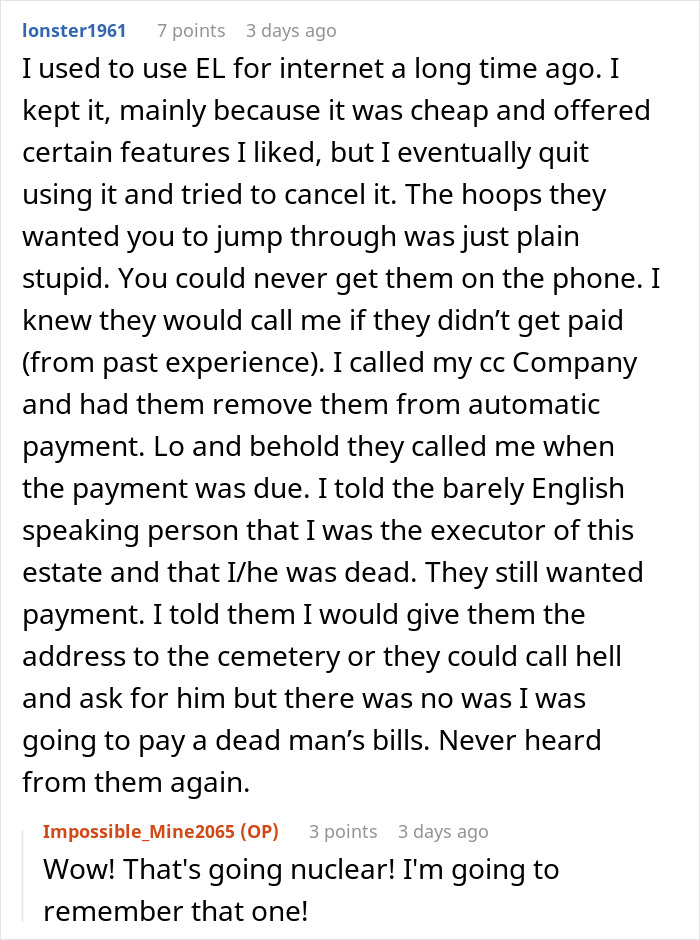Some companies can be truly annoying with long holds for customer support, incessant bills and emails and policies that seem tailor-made to make one’s life inconvenient. But sometimes enterprising netizens see an opportunity to turn the tables by doing exactly what they are “supposed” to do.
A man shared his hilarious tale of malicious compliance that was then topped by his own wife’s suggestions. When a phone company kept mailing him a physical bill for four cents, he decided to take matters into his own hands. We reached out to the person who shared the story via private message and will update the article when he gets back to us.
Malicious compliance is one of those wonderful ways you can make someone or something realize the error of their ways

Image credits: Brett Neilson / flickr (not the actual photo)
A man decided to personally call his phone company over a four cent bill

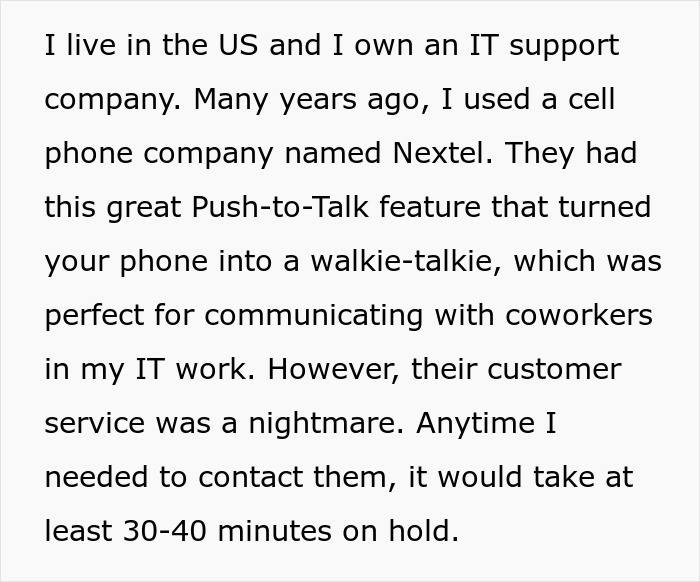
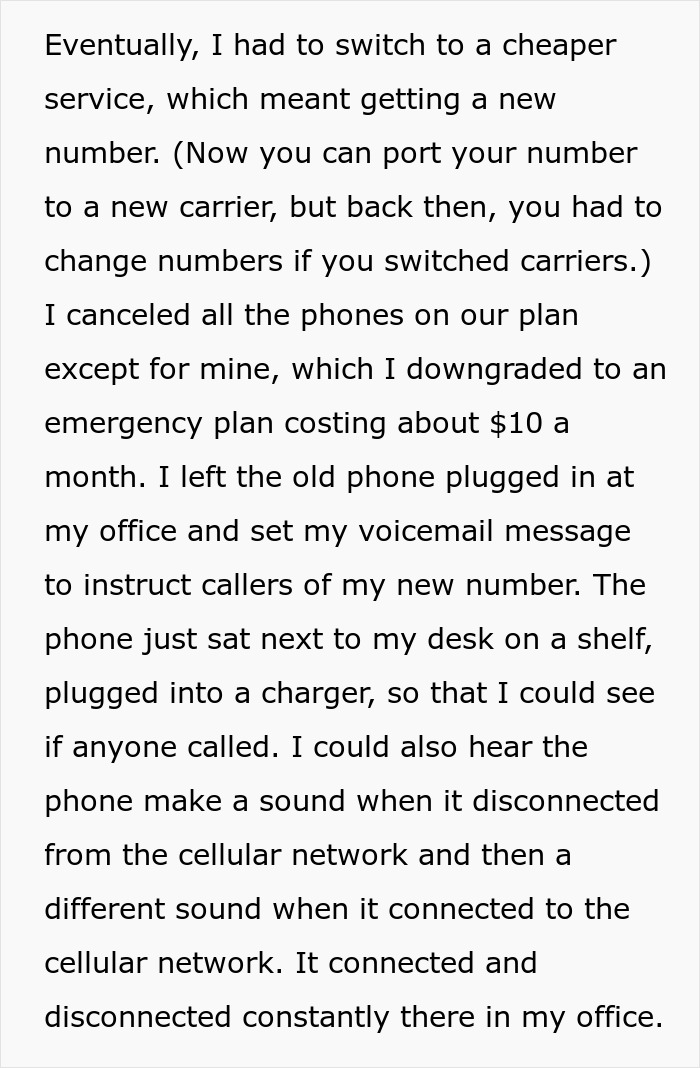
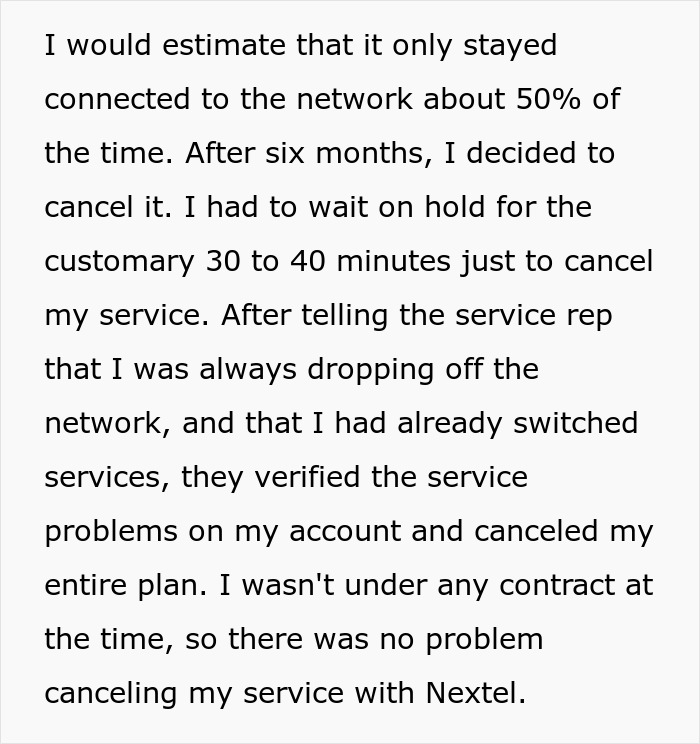
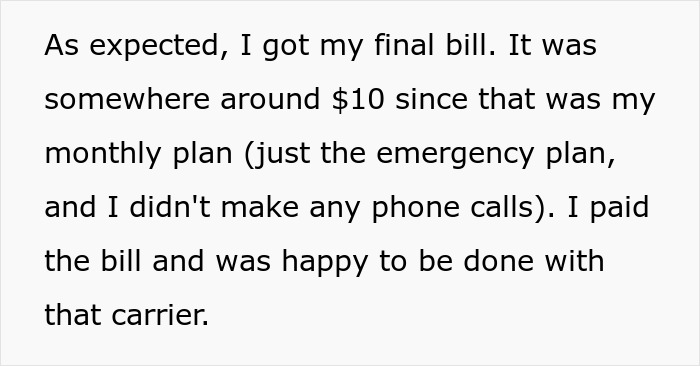
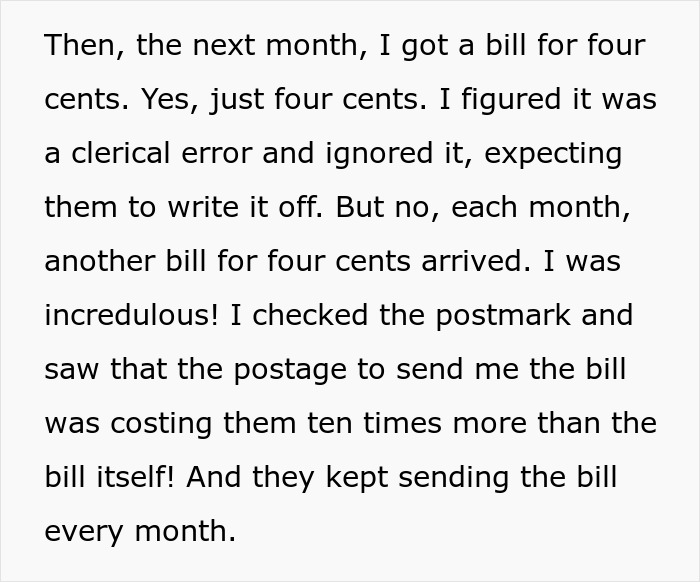
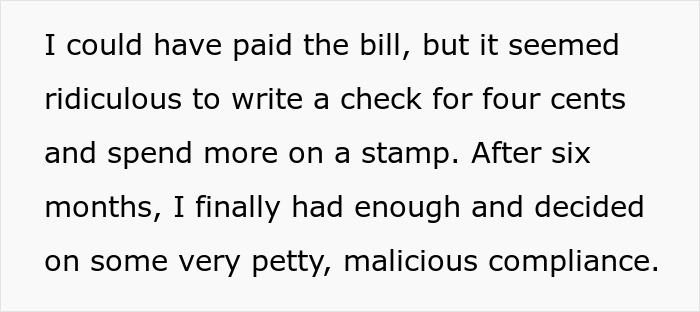

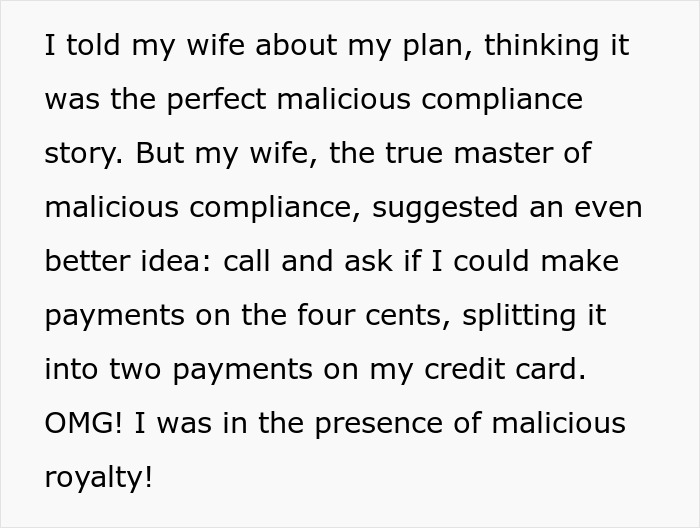

Image credits: Mikhail Nilov / pexels (not the actual photo)

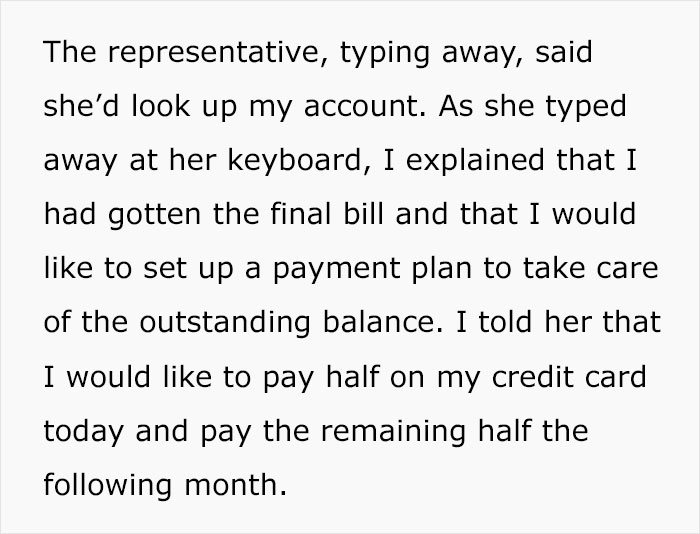
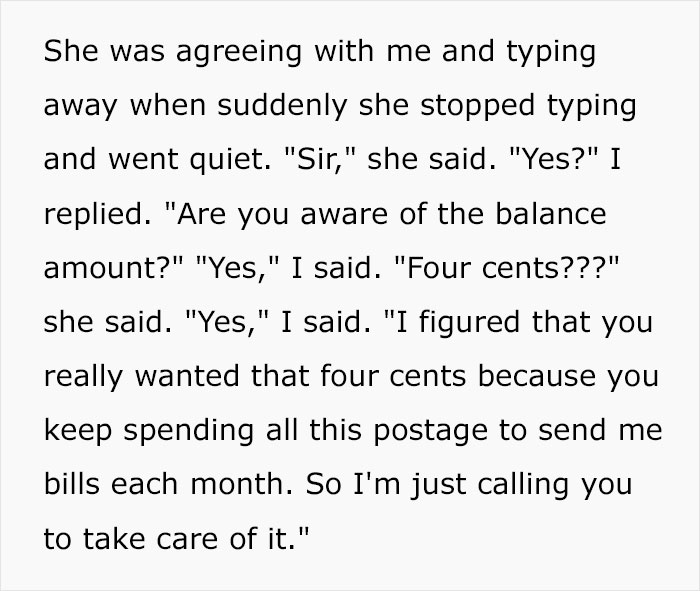
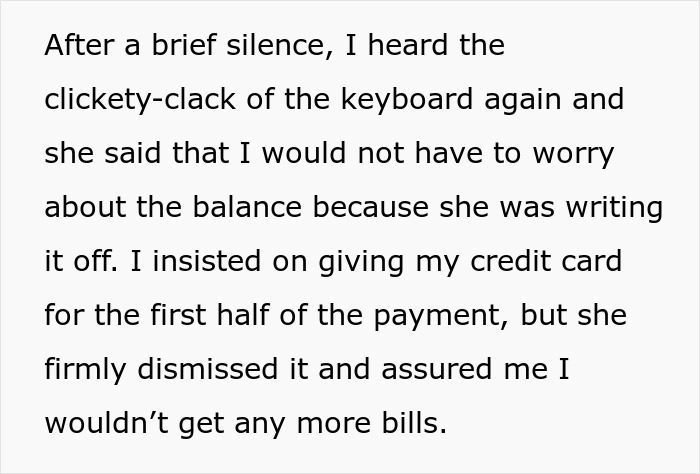
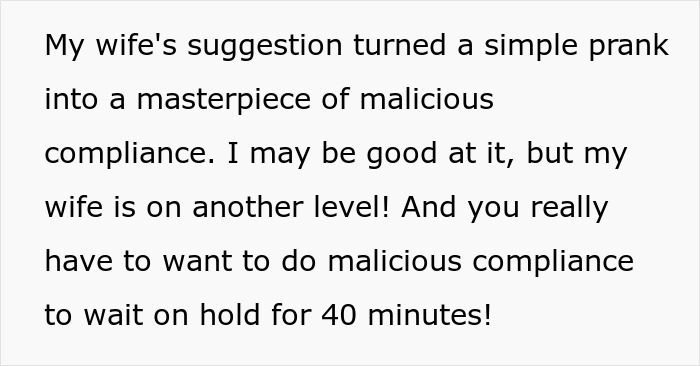
The man added a few more details

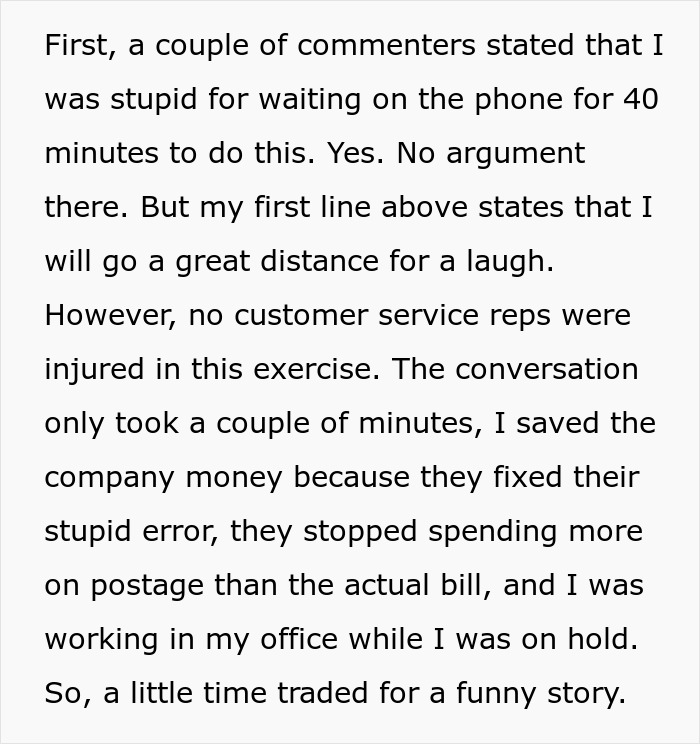


Image source: Impossible_Mine2065
Many employees could benefit from learning how get away with malicious compliance
Bored Panda got in touch with the person who shared the story and he was kind enough to answer some of our questions. Firstly, as a malicious compliance connoisseur, we wanted to hear his opinion on why folks love these kinds of stories. “Most people wish to be heard and possibly, to have a say in decisions. When employees, for example, feel like their opinion is valued, they gain self-worth and confidence. It causes a great boost in morale and promotes an enjoyable workplace. But when other people, such as bosses, look down on someone and dismiss them, the powerless person feels frustrated. It is maddening to know the right answer or the right direction, only to have rank pulled on you and told that you just need to do what you are told. Cue malicious compliance.”
“That’s where you say, “Okay, boss. Can you send that to me in writing?” Because you know the boss is going to blame your actions (which they insisted) and try to hold you liable when their instructions blow up on them. So you need to cover your butt with written instructions from your boss. You would think that bosses would learn that being asked to put that in an email is a warning sign. Sometimes the only way for a company to learn is from it’s own mistakes”
We also wanted to address the question of if it was at all worth spending 40 minutes on this. “Waiting on hold for 40 minutes was completely stupid. But you have to know my personality. I love a good laugh. Even at myself. It’s hard to explain the little chuckle I get inside every time I think about this story. And my wife kicked it up a notch! (One thing to note is that I did not sit in my chair and stare at my phone for 40 minutes. I had my phone on speaker and was continuing to work in my office like normal. So I didn’t waste 40 minutes of my life.) Besides that, look at the fun we are all having with the story now! My malicious compliance was throwing it back into the face of the rep on the phone by trying to say, “you want my money ($0.04), here! Take it! No, no, really, I insist,” and listening to her tell me not to worry about it. She was funny. You could tell she saw the humor in it.”
People love these stories for a reason
Malicious compliance stories are some of those rare cases where it’s possible for regular people to truly get back at a more powerful entity. After all, most of us have never been able to get a company to write off a bill just by “annoying” them, unless we were able to make them see the error of their ways, which is easier said than done. Folks in power tend to have a slightly inflated idea of their own genius and don’t like being told that, actually, their idea is downright terrible. However, for the most part, they are at least smart enough to make some changes when the negative consequences become apparent.
This is where malicious compliance shines, as many people, unfortunately, don’t tend to see their own mistakes until the results are staring them in the face. Using this story as an example, it seems likely that calling the phone company and explaining that they are losing money on stamps is a lot less effective than the somewhat hairbrained scheme this person’s wife created.
Some commenters questioned the fact that this man was willing to spend so much of his own time just on hold, but at the end of the day, he did still need to handle this bill. Paying it the regular way would still involve mailing a check, which might not be that much faster and is similarly more “expensive,” although we are only talking about cents here.
Malicious compliance can even have some positive social effects
While it might seem a tad trivial, some experts have deemed it a form of “uncivil obedience”. After all, malicious compliance does involve doing exactly as one is told, knowing that the results will be “negative.” This has the double effect of exposing a poor management decision while also shielding the person from responsibility. Not paying a bill, no matter how small, will probably get you in some form of trouble. Similarly, a bone-headed manager can pass a new policy that will cause all sorts of issues. One can protest, but ultimately, it’s easier to keep your job if you let events play out.
After all, there might be some “malice” in malicious compliance, but it’s hardly anything particularly aggressive. Author John Staughton has described it as actions that are “always meant in some way to damage, humiliate or threaten the established power structure, regardless of what level that may be.”
This is another element of its appeal. A person harassing a low-level employee is annoying to most of us, indeed, the term “Karen” was invented for many such cases. But malicious compliance specifically targets the decisions and desires of “higher ups” by exposing just how terrible they are. This is important, as, more often than not, telling your manager that their idea sucks is risky business.
Even if you are not part of a business, malicious compliance can, paradoxically, help them understand the error of their ways. After all, not only would mailing a check be “more” expensive for the man, it was also technically losing the company some money. This was a minor example, but there are significantly more expensive examples out there.
Many netizens thought his approach was hilarious






